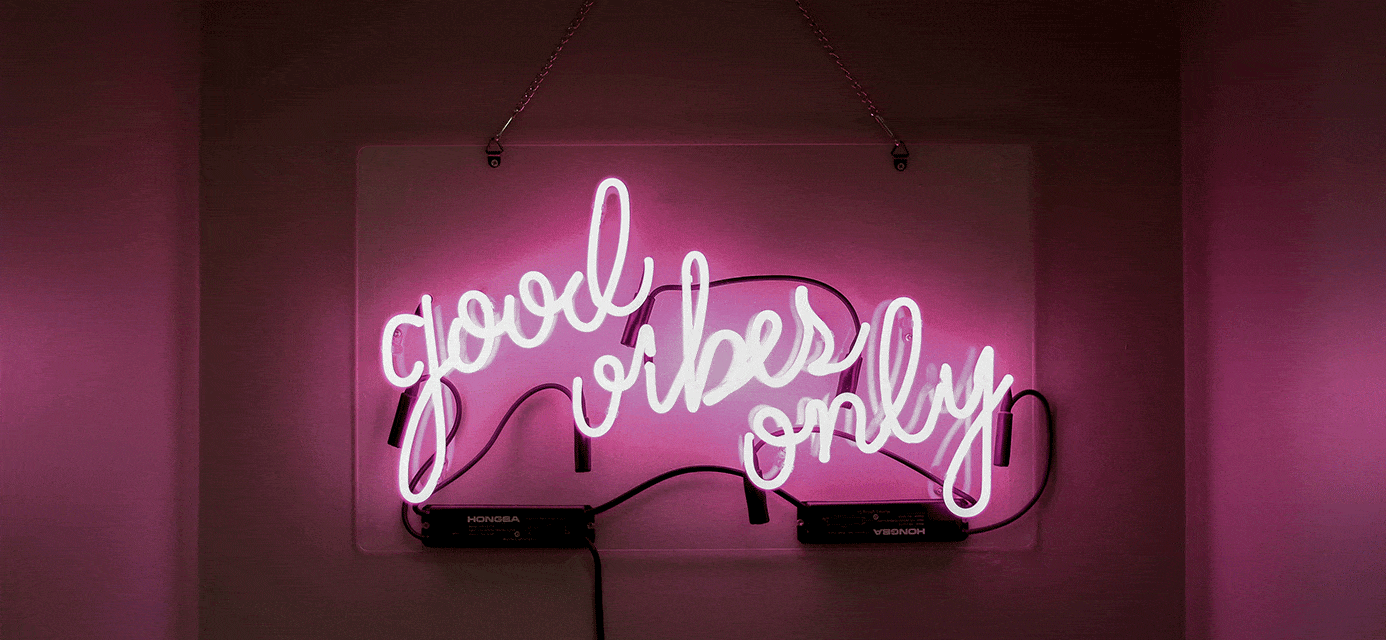Eww, Toxic Positivity

So, you guys picked this topic and I’m honestly glad you did. I have been hearing this phrase for the past year and I have also actually experienced it more than I would have liked to. Let’s define it first.
“Toxic positivity is the belief that no matter how dire or difficult a situation is, people should maintain a positive mindset. It’s a “good vibes only” approach to life.”
Kendra cherry, What Is Toxic Positivity?
Life is not by far perfect and people have gone through (and are still going through) some of the most difficult times of their lives. The pandemic and all of its lingering after effects have wrecked people on a physical, mental, and social level. Expecting people to ignore their problems and be positive is completely asinine. Not only is it asinine, it’s damaging and it has great potential to piss folks off. Think of a time you were going through a shitty situation and while pouring your heart out, someone told you to “just think positive”. Did you want to physically assault them? Seriously, it’s okay if you did.
Those people are either blind to their own emotions and putting on a facade or they don’t want to be bothered with your issues. Maybe they are wrapped up in their own world. Either way, what they are doing when they basically tell you to get over yourself and stop whining is invalidating your emotions. They are making what it is that you’re going through seem insignificant and essentially shaming you for feeling how you feel. Whether they did it intentionally or not, it’s wrong and they should be made aware.
Confession. I am a previous offender. Yes, I have engaged in toxic positivity. Gasp! I have to disclose that I’m naturally an eternal optimist. That optimism was exacerbated further by childhood traumas, in which it became a defective coping mechanism and escape from reality. I thought, if I can just pretend to be positive, then I’ll eventually become positive and everything will be okay. Right? What’s even worse is that I projected that same behavior onto others. I thought I could fix other people’s problems with my own screwed up way of thinking. I was wrong…but I healed, I learned, and I changed.
As you experience life, your emotions will always be there to help you express how you feel. This is a necessary function for navigating through various situations. Our emotions have a very important role in alerting us that something is happening within our bodies, and the last thing we should do is ignore what they are trying to tell us. By trying to cover your emotions up with positivity, you only create more emotional distress. Ironic right? Isn’t that what you are trying to escape from? Here’s the thing, there’s absolutely nothing wrong with feeling any emotion; you are entitled to feel what you feel. You owe it to yourself to acknowledge your feelings, sit with them, and figure out where they came from. Ignoring things doesn’t make them go away; believe me, I know.
You may be thinking, “What is the true danger of toxic positivity?” Mainly, it’s the lack of perspective that it presents. It’s so easy to judge other people and tell them what they should feel like. We experience a tiny snapshot of another person’s life and from that we create stories and make assumptions. We say things like, “She has a beautiful home and a perfect family, what could she be unhappy about?” or “He has the highest paying job in the company, why is he complaining about stress? He could just pay for a fancy vacation.” We stupidly assume that material things, status, or social media perceptions reflect a person’s happiness. It further pushes us to assume that other people should be grateful to have the things WE think equate to their happiness. We have no place in minding another person’s business and making judgements about their lives. How they really live and what is important to them is exclusive to them.
So how can you be helpful and not toxic? Here are a few key things to remember the next time that someone comes to you with their uncomfortable feelings.
- Be a safe space.
- Emotions and logic live on different floors in the same building, meaning they are rarely in the same room. If someone is upset, their emotional brain is fully engaged and they just want to be validated. Allow the person to vent and actively listen to them with empathy. Leave your judgments at the door.
- Remember that emotions are important indicators.
- Our emotions are signals that there is a significant change within the body. If someone is “complaining” to you about something, it’s likely because something is bothering them and they need help to fix it. Show some compassion.
- Each person is the expert of their own life.
- We all live from our own point of view, which makes different things important to different people. It really isn’t your place to decide what is bothersome to another person. Let them be the judge of that.
- Don’t give unsolicited advice.
- If no one asks for your opinion, don’t give it…and even if they do ask, be careful with what you say. The majority of the time when people are going through something, they just want a listening ear…not a guru. If someone does ask for your advice, come from a place of curiosity and ask them questions vs giving them solutions.
With these tips in mind, we can hopefully all be a little less toxic from here on out.

AB ❤
